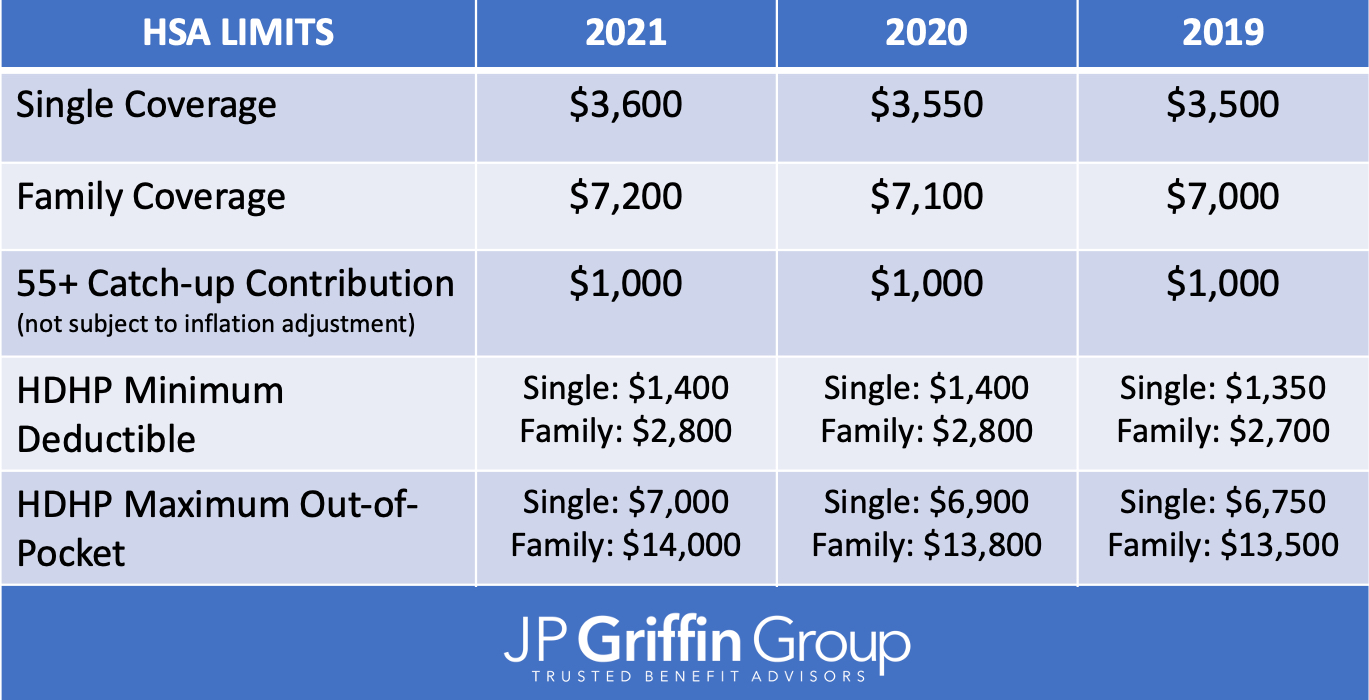
Unused contributions that are carried over into the next plan year must be used to pay for or reimburse eligible health care expenses.The amount carried over will not count against the IRS limit for the following year. For 2023: IRS guidelines permit active employees to carry over between $100 and $610 of unused contributions from their Health Care FSA into 2024.For 2022: IRS guidelines permit active employees to carry over between $100 and $570 of unused contributions from their Health Care FSA into 2023.There is a $100 minimum annual enrollment contribution required to enroll in a Health Care FSA.The Health Care FSA limit for 2023 is $3,050 per employee. You may contribute an amount up to the annual limit set by the IRS.You can use your EBPA debit card, or you can pay for the OTC medications out-of-pocket and submit receipts for reimbursement to EBPA. Due to the CARES Act, many OTC items no longer require a prescription, letter of medical necessity (LMN), or doctor’s directive.


Go to eServe to enroll in a FSA within 30 days of becoming benefits-eligible, or within 31 days of experiencing a qualifying life event, or during the university’s annual Open Enrollment. You must re-enroll each year during Open Enrollment to participate in this program. The rule regarding using funds during the calendar year apply and your FSA may be subject to the Internal Revenue Service (IRS) “Use it or Lose It” rule as noted below.įSAs expire every year on December 31. You may want to consider an FSA to help with eligible expenses for health care or childcare/elder care. Flexible Spending Accounts (FSAs) allow you to set aside pre-tax money to pay for health care or dependent care costs.


 0 kommentar(er)
0 kommentar(er)
